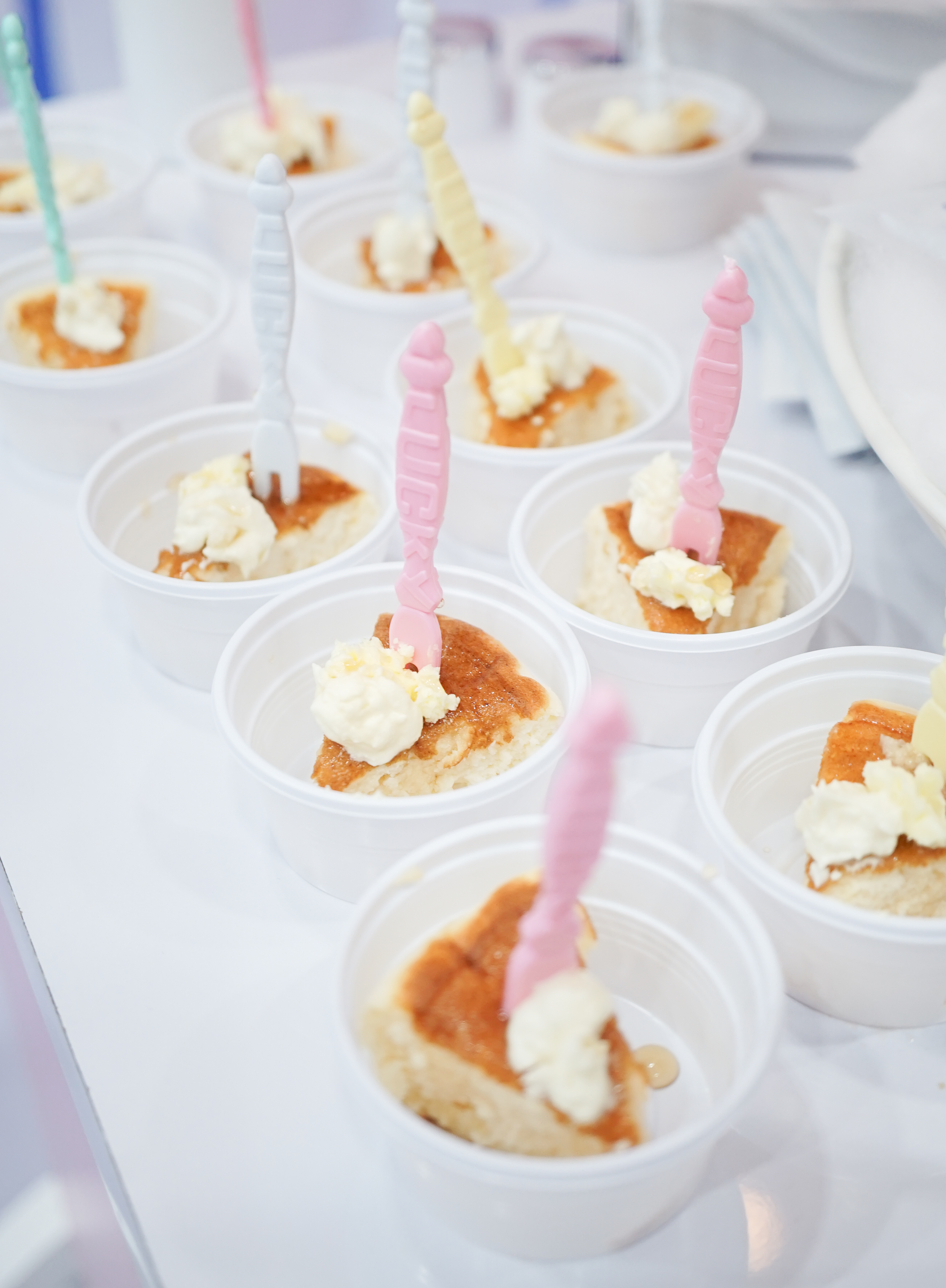In-store product sampling has slowly been returning in various forms for several months as retailers and manufacturers have sought to adapt this proven sales-driving technique to make it viable in the pandemic environment.
Since the beginning of the pandemic last March, traditional in-person food sampling has been banned or tightly restricted across most of the country. Recently several large retailers, including Costco and Sam’s Club, said they have begun bringing back their popular in-store sampling programs, and other retailers have reportedly done so as well.
Some specialty food retailers, however, are taking a more cautious approach to reintroducing sampling, citing ongoing safety concerns among other challenges, including the challenging staffing environment.
“Our business has been based on providing a sample of cheese or a sample of wine, or a sample of everything we have on our shelves,” said Mary Ellen Power, whose family owns The Cheese Shop of Virginia in Williamsburg. “It’s an important part of our business, and an important part of the specialty food business, and we have not been able to do that for over a year.”
Power said the retailer has been considering bringing sampling back, but has not done so yet as staff continue to get vaccinated and as the company seeks to ramp up to full staffing levels. The family business also includes a wine cellar and a fine-dining restaurant called the Fat Canary that together normally employ 85 workers, but have been operating with a shortfall of about 20 employees.
She said The Cheese Shop prefers to conduct product sampling that includes both product samples and information about the product, whether presented by staff or by representatives from the makers themselves, rather than “passive sampling” in which samples are simply left out for customers to help themselves.
Kaune’s Neighborhood Market in Santa Fe, New Mexico, has also largely curtailed its sampling programs, although the company has experimented with sampling in closed containers, said Cheryl Sommer, owner of Kaune’s.
She said the retailer has offered samples in closed containers infrequently, however, because of the extra labor involved and the additional cost of the containers. The retailer is also seeking to be extra cautious as the nation continues to recover from the pandemic.
“Even though the vaccination rate has been very good in New Mexico, and all of our staff is vaccinated, we are still trying to take things a little easy, at least for the next few weeks, to see how things go,” said Sommer.
Kaune’s previously had a robust sampling program, offering weekly wine tastings that were paired with food.
Cheese is always a strong candidate for sampling, Sommer said, and other products that consumers like to try before they buy, such as sauces, snack chips and sweets such as cookies and candy, also have the potential to gain sales through sampling efforts.
In addition, products that feature unfamiliar or unusual ingredients — in New Mexico, those are often chili or lavender used in unique ways — tend to be prime candidates for sampling.
Meanwhile Whole Foods recently said it has resumed some food sampling, using pre-packaged products.
“All open food demos remain suspended until further notice,” the company said in a statement on June 1. “Where not restricted by local mandates, we have resumed some educational demos with the option to include manufactured, packaged samples.”
Stew Leonard’s, meanwhile, last month said it has resumed sampling, using paper cups distributed from behind Plexiglass booths, according to a report in the New York Post.
“Before Covid-19 hit, I would joke that we should weigh our shoppers coming into Stew Leonard’s and then weigh them on their way back out the door…that’s how many samples our customers would eat!” owner Stew Leonard said in a May blog post. “We had to stop offering samples once Covid-19 hit last spring, but now we are slowly beginning to offer them again.”
San Antonio-based H-E-B also reportedly resumed in-store sampling as of this past weekend.
Power of The Cheese Shop, which is also celebrating its 50th anniversary this year, said sampling is key for specialty retailers seeking to connect local artisan producers with the people who love their products.
“In the specialty food business, we love to curate products that are made in small batches by real people, and when our customer has the opportunity to taste the product and learn about it — it’s like artwork — they want to support artisan producers.”
Related: Sam's Club Brings Back Sampling; Sampling Amid the Pandemic: 3 Makers Share Their Story.

